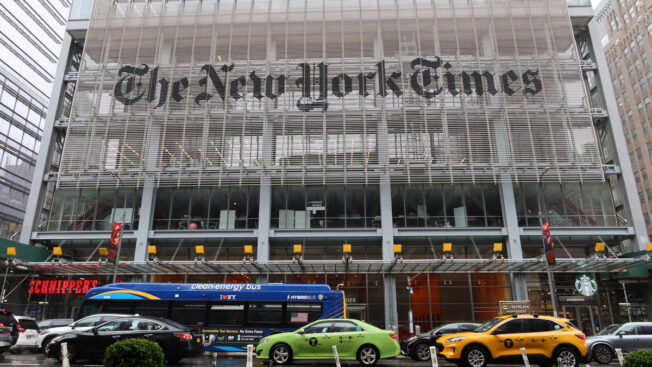Marketers can closely monitor audience targeting and content performance metrics such as ROI and A/B tests using GrowthLoop and BigQuery.
“[The integration] touches on and potentially alleviates a lot of pain points within marketing today,” said Brisco. “It is a closed loop system of super-efficient marketing from both media and business process output.”
At the same time, marketers have voiced transparency concerns over campaign effectiveness across Google’s other AI-powered offerings like Performance Max.
“When you’re leveraging BigQuery, at least in my experience, advertisers own that data,” said Brisco. “This doesn’t feel like the third-party audiences within Google Ads that sit within a black box.”
Even so, for all the potential generative AI has to provide marketing solutions, copyright and ownership battles are concerning for marketers.
“There’s a lot of concern over who owns those outputs and what the [AI] models are learning from to create that creative,” said Brisco. “Increasingly, such companies are going to need to be more transparent.”
The potential of AI video solutions
For marketers like Adam Lovallo, founder of digital marketing agency Thesis, Google’s latest AI venture seems to be just one more addition to the array of available tools.
To encourage more ad buyers, especially performance advertisers, there is an opportunity for generative AI tools that can create video content.
“This would make a massive difference,” Lovallo said, citing YouTube’s higher CPMs compared with Facebook and TikTok. “It’s significantly more difficult to hit $100 CPA on YouTube if you’re also hitting that on Facebook and TikTok.”
The agency’s direct-to-consumer brands allocate about 3% of their ad budgets to YouTube, in contrast to 60% to Facebook and 30% to Google Search.


